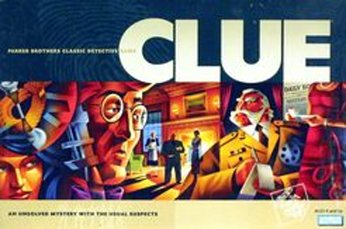
-
HOME
-
WHAT IS STANDOur Mission Our Values Our Help Contact
-
WHAT WE FIGHT FORReligious Freedom Religious Literacy Equality & Human Rights Inclusion & Respect Free Speech Responsible Journalism Corporate Accountability
-
RESOURCESExpert Studies Landmark Decisions White Papers FAQs David Miscavige Religious Freedom Resource Center Freedom of Religion & Human Rights Topic Index Priest-Penitent Privilege Islamophobia
-
HATE MONITORBiased Media Propagandists Hatemongers False Experts Hate Monitor Blog
-
NEWSROOMNews Media Watch Videos Blog
-
TAKE ACTIONCombat Hate & Discrimination Champion Freedom of Religion Demand Accountability
Is Mainstream Media Guilty of Stirring Bigotry and Discrimination Against the Innocent?
Mainstream media is paid quite handsomely to manipulate public opinion. I’d like to tell you about a dirty little trick that they use in getting this job done. It’s one of those things that seems to be hiding in plain sight. When you know what it is, you'll find it popping up all over the place.
It’s called… (insert the toll of the death bell here)… a generality.

You see, by being general instead of specific, you drastically cut down the amount of responsibility you need to take for what you are communicating, and therefore the amount of actual truth you have to include. With the American media, there’s apparently little to no consequence for spreading around false information, so writers can be as vague and ambiguous as they want. This results in certain members of the population getting worked up about the supposed dangers in the environment around them. Something that applies to only one person in one instance, but can then be construed to apply to everyone.
When I hear or read “Everybody knows…” or “Everybody says…” or the king of them all, “Sources say…” I know I smell a rat. If they can’t tell you EXACTLY WHO said EXACTLY WHAT, then the source of the information might as well be the writer’s Aunt Bessie who died 30 years ago.
Who are these anonymous “sources” that these writers consult? Unless identified, you’d better believe they are coming out of thin air.

Did you play the board game Clue when you were a kid? It was a detective game and the goal was to find out the who, where and what of the murder. It was Miss Scarlet in the Billiard Room with the lead pipe! Boom! You always got to the bottom of it.
Apply that to the media’s vague generalities. “Researchers say….” What researchers? Whose researchers? When did they say it and what was the context? Who signs their paycheck? “Experts agree….” Experts have first and last names—what are they? What makes them experts? See, “experts” is a generality. And, of course, experts always know better than you, right?
Speaking in broad generalities is actually one of the 12 characteristics of an anti-social personality, as described by L. Ron Hubbard. I recommend learning these, along with the social personality characteristics. (But be careful how you use it—people might start noticing that your life is improving and suspect you of being one of “those Scientologists,” or maybe they will accuse you of being competent. Same thing.)
So when you hear some individual or group being slandered and you find yourself beginning to hate the entire human race, for the love of Colonel Mustard in the dining room with the revolver, realize you’ve been falling for some generalities and go chase down those nifty specifics. They do exist.
Now you’ve got a clue!









